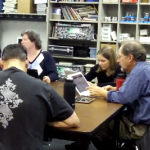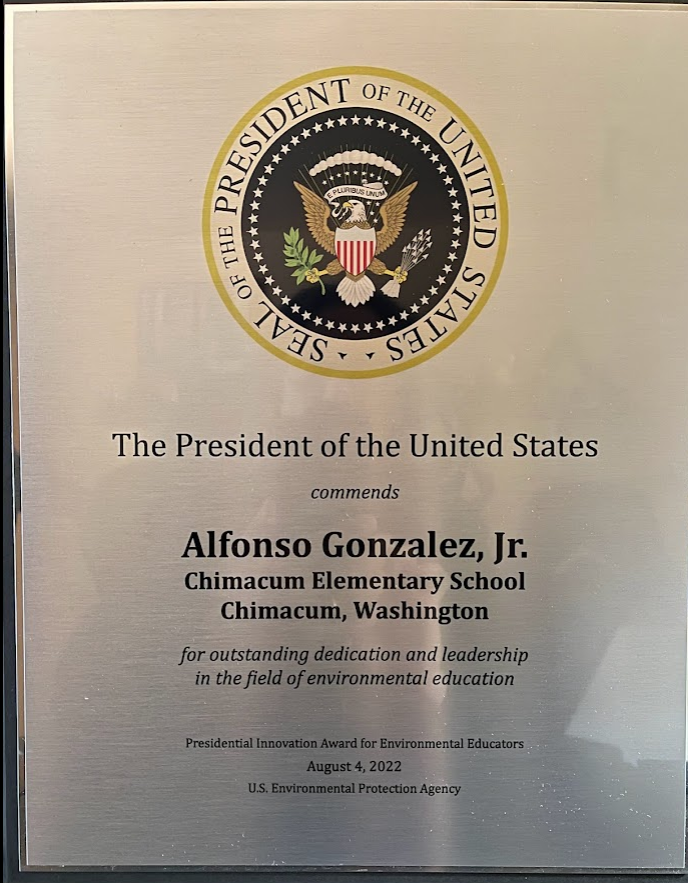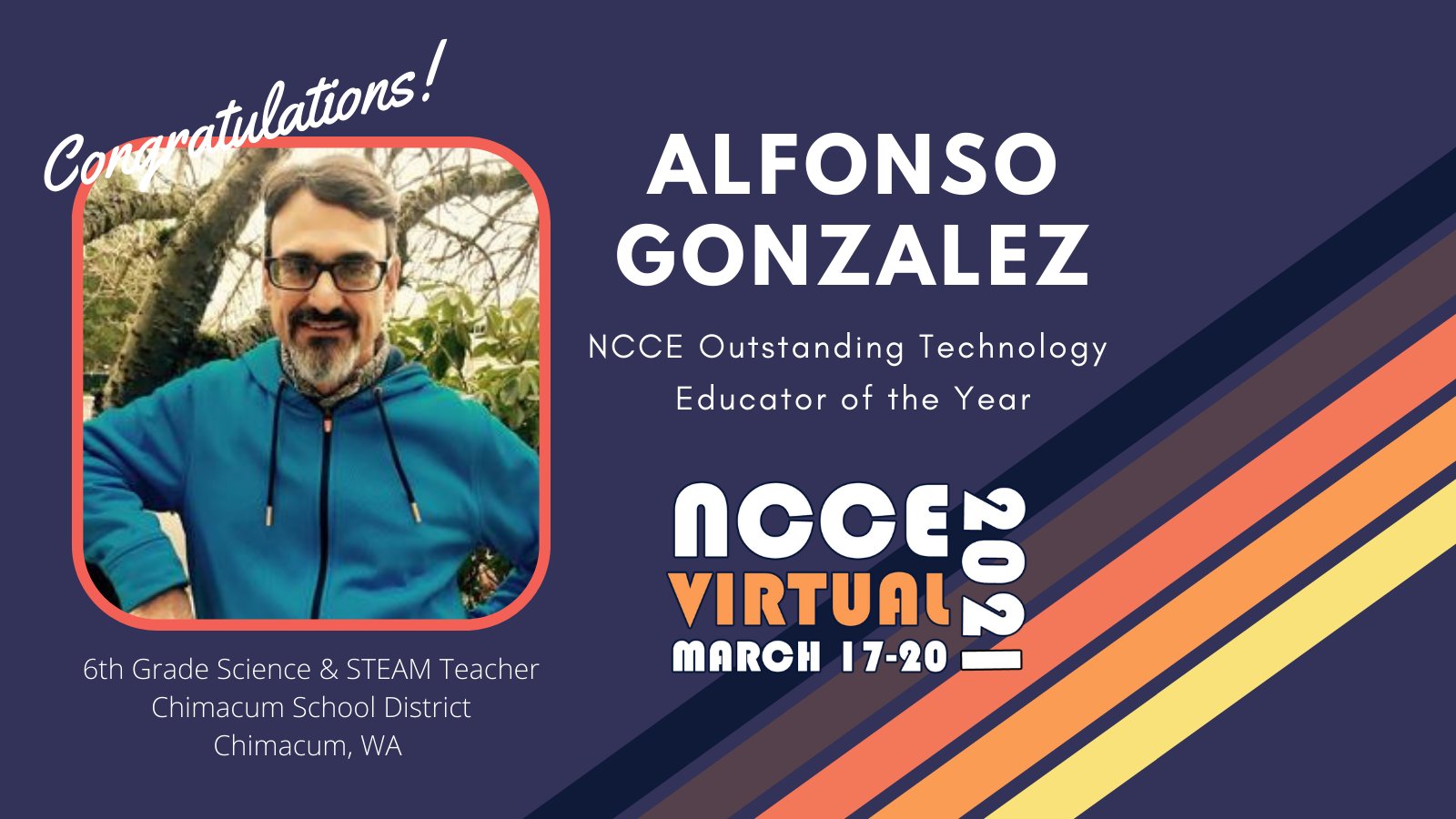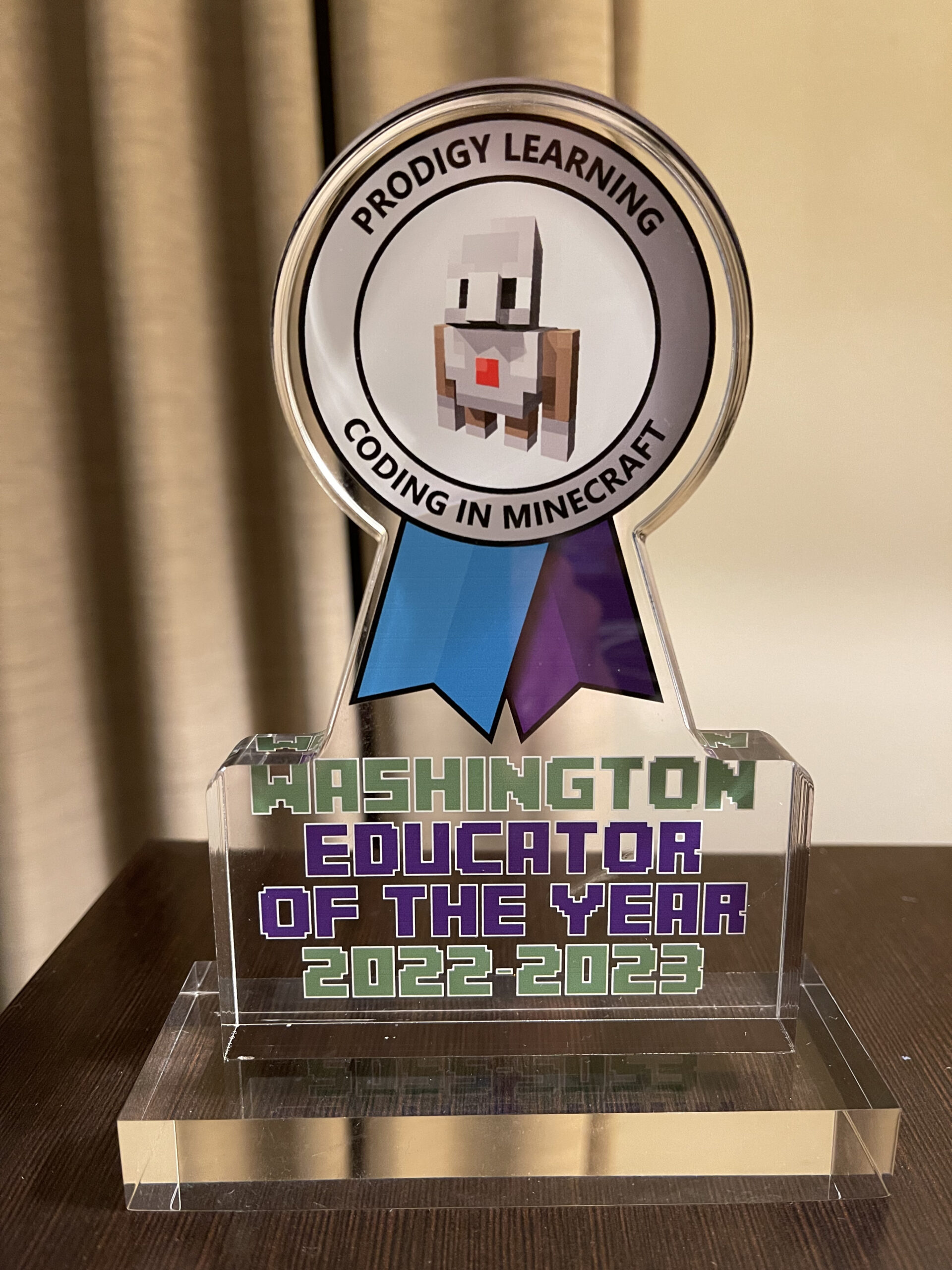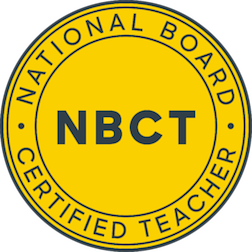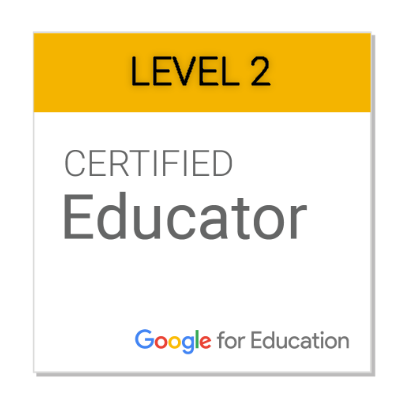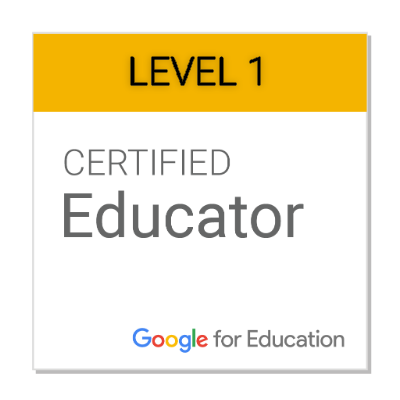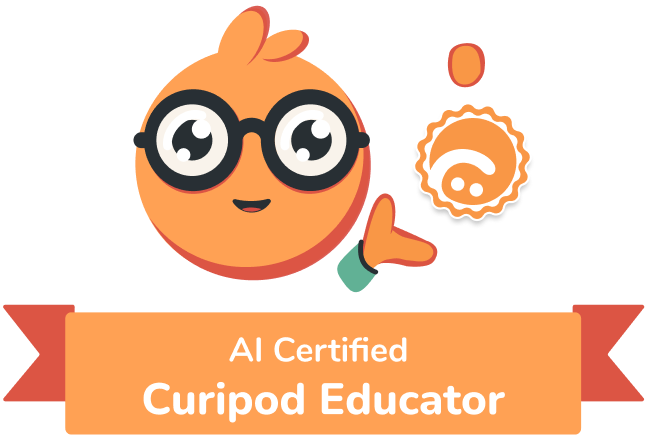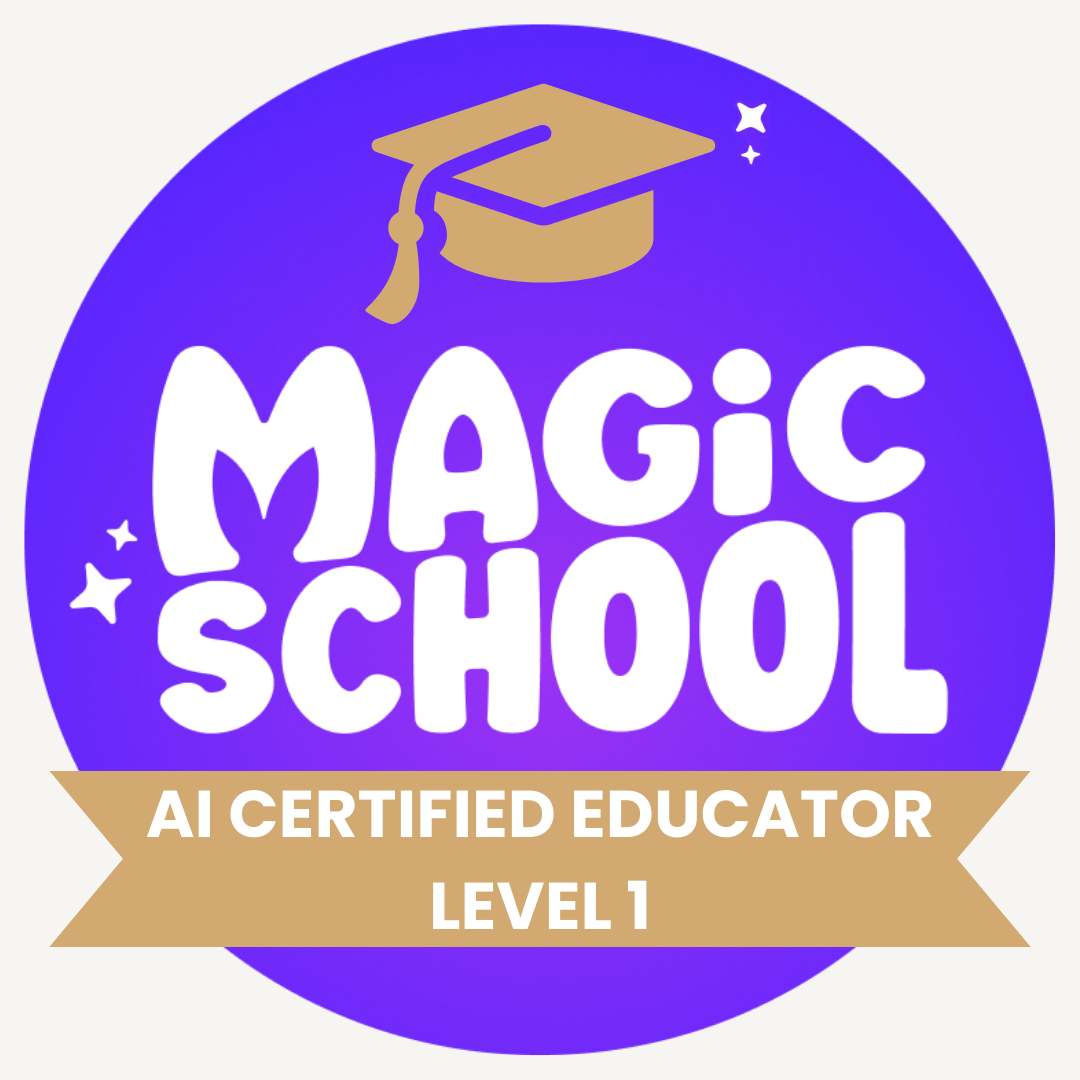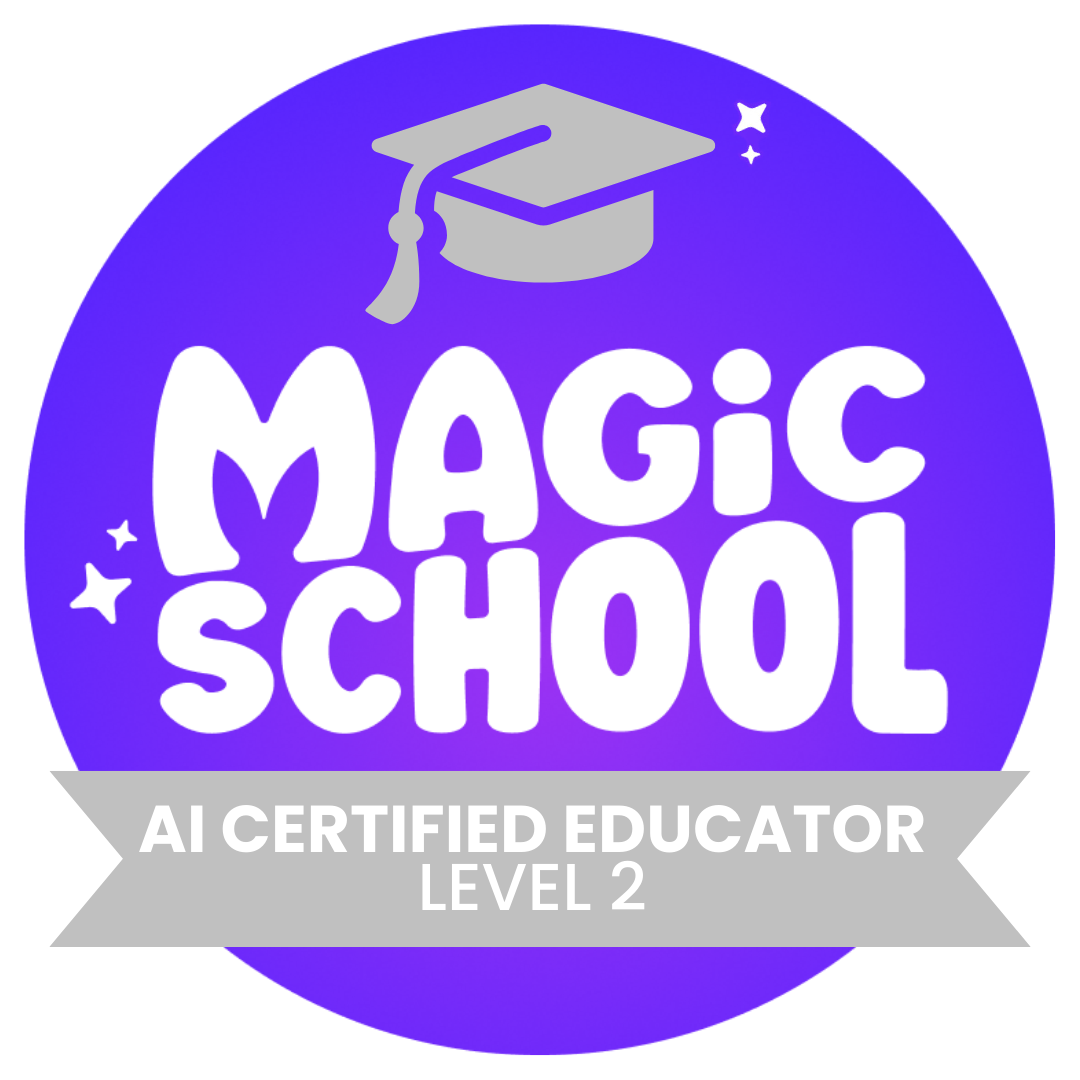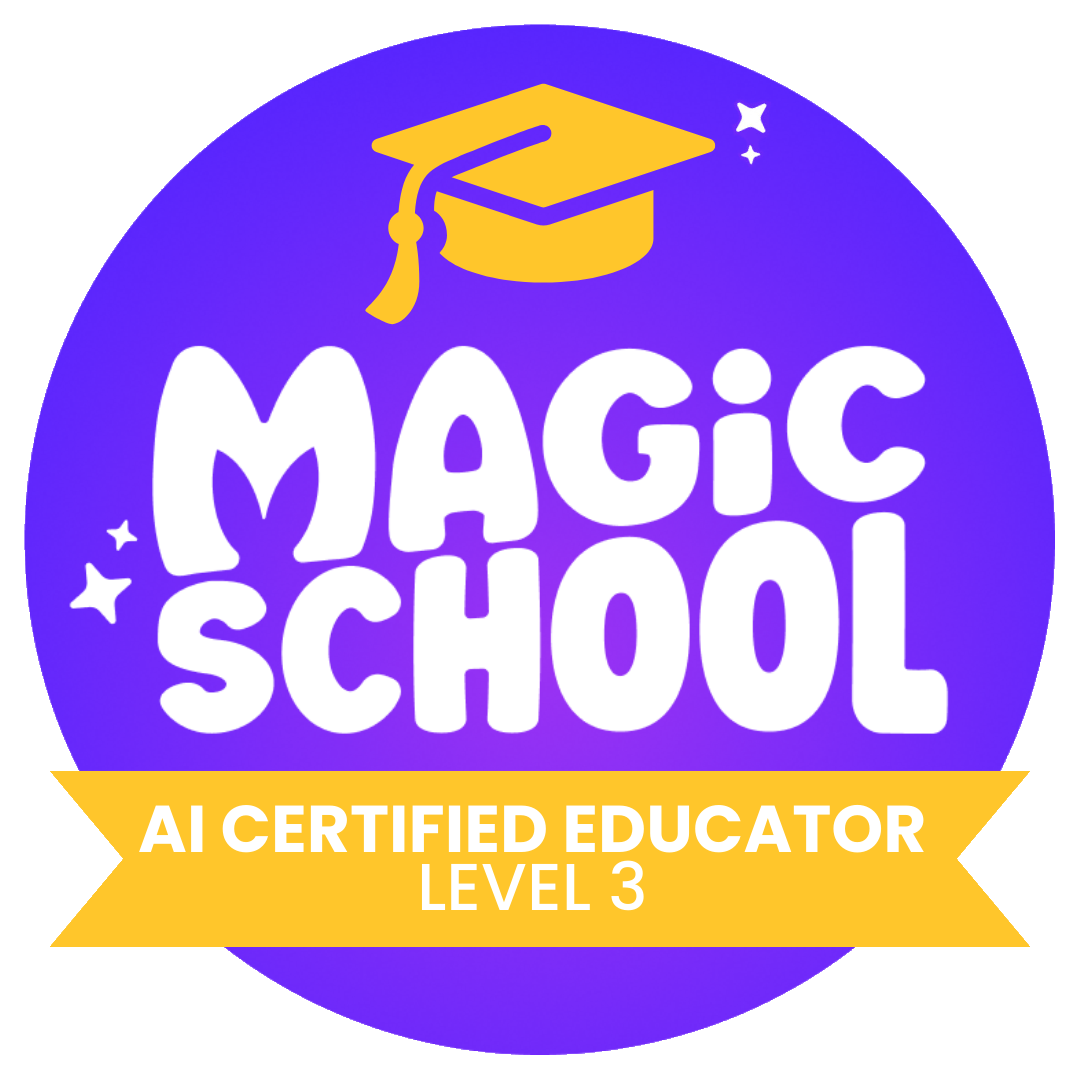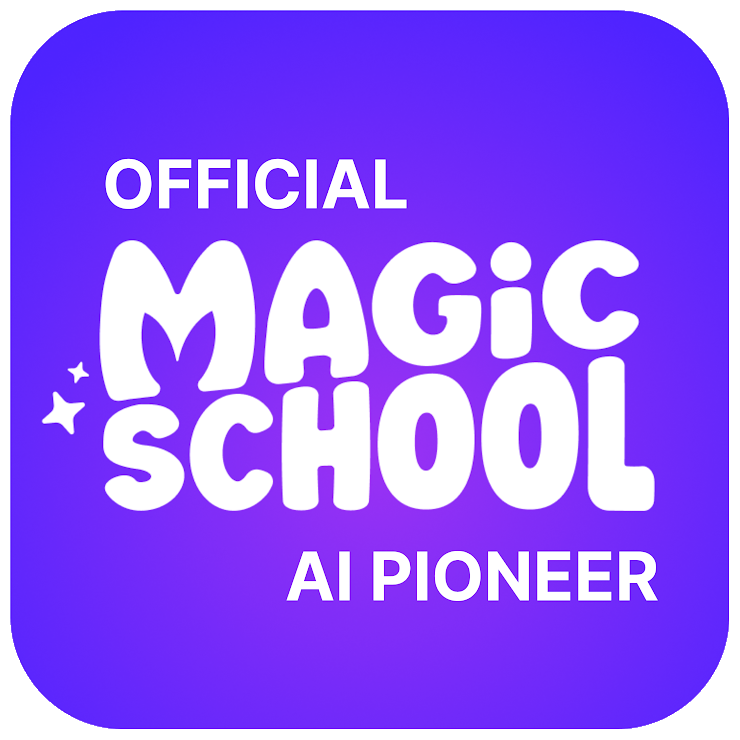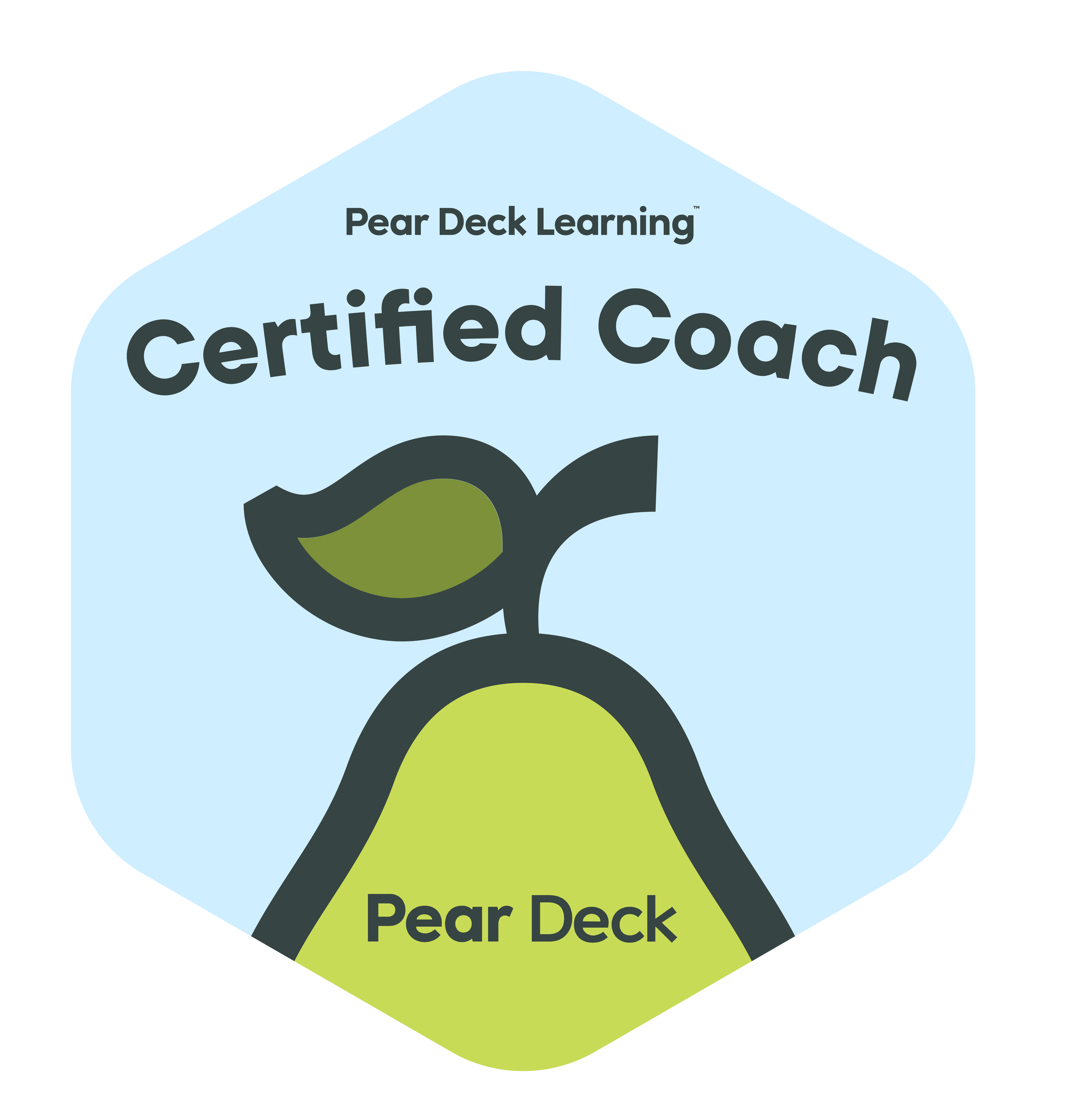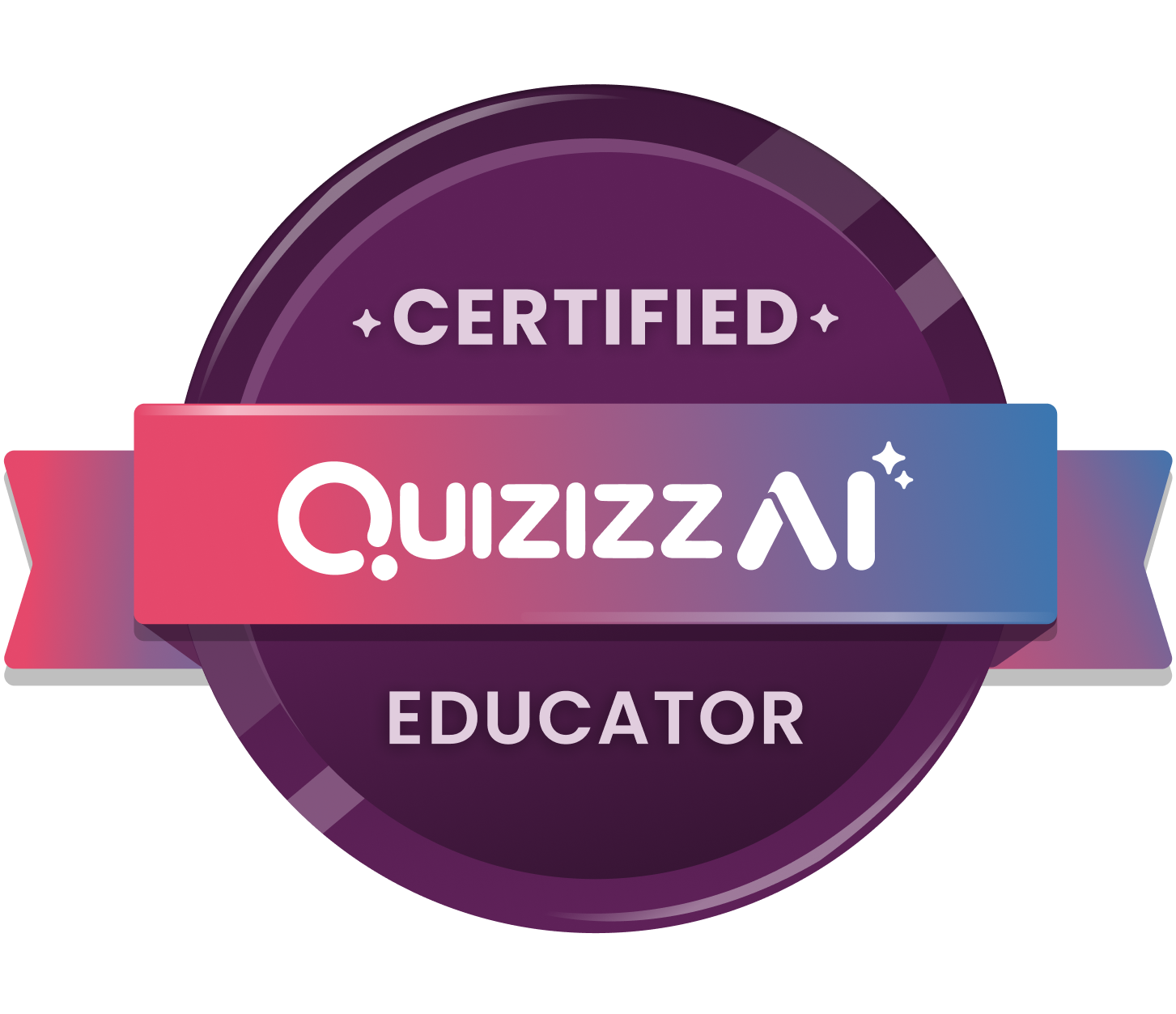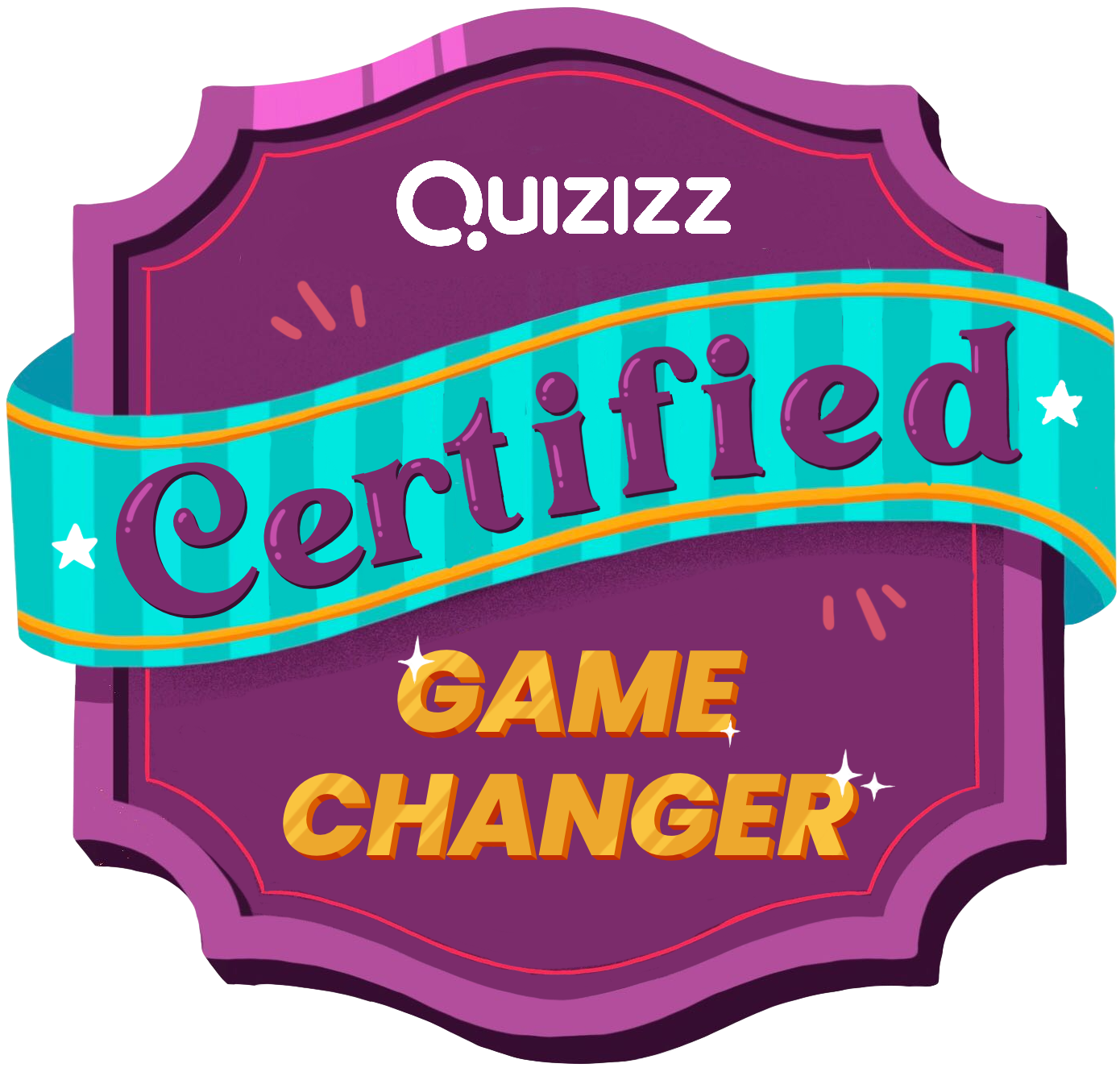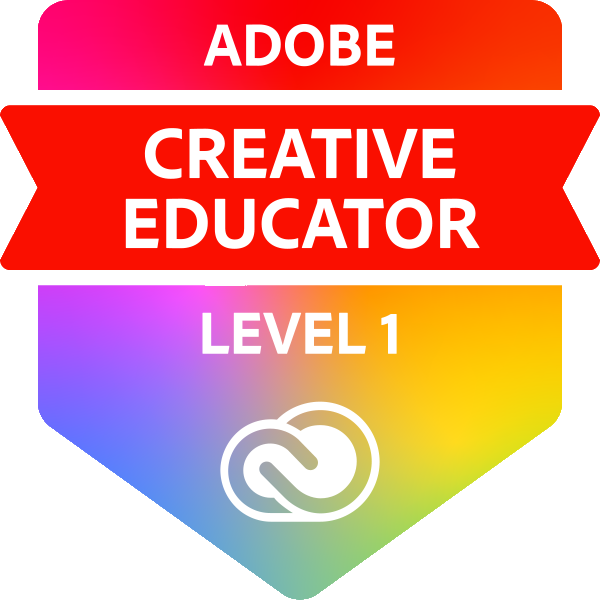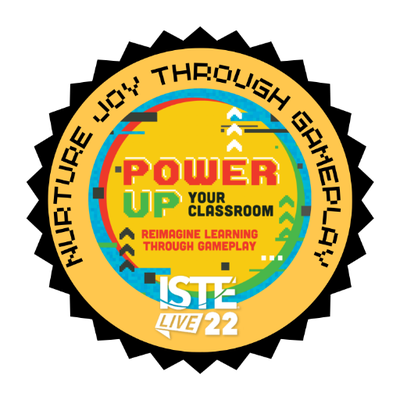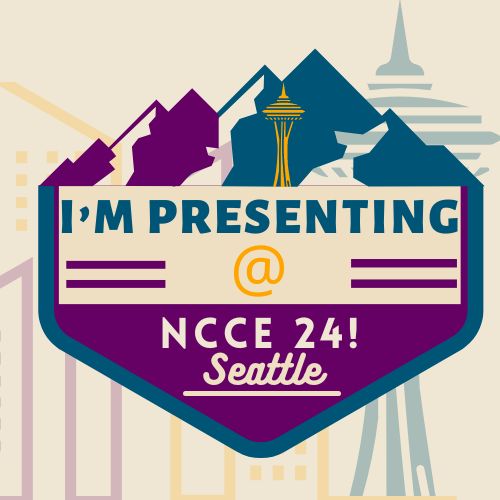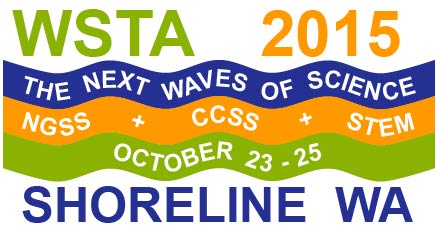In our last round of training on our new WA State evaluation system, Teacher/Principal Evaluation Project (TPEP), many of our small group discussions came back to the question of student learning (as it should!). I became fixated on one particular core idea from the CEL 1 Foundational Ideas Applied to Instructional Frameworks that read: “If students are not learning, they are not being afforded powerful learning opportunities.”
Now I’m not shirking my responsibility as the adult in my classroom and as the professional educator/teacher but I have observed many an occasion where the above statement is just not true. Are we saying that students will never willingly choose to ignore or disengage with powerful learning opportunities?
You can argue that A. I’m not affording my students powerful learning opportunities and that’s why they aren’t learning, or B. the learning opportunities I’m affording my students are not powerful and that’s why they aren’t learning. But what if the learning opportunities in my classroom are being afforded to ALL my students? And what if I have evidence, from reading and learning from educators all over the world, that the learning opportunities I’m affording ALL my students are indeed powerful? If I am truly affording ALL my students powerful learning opportunities AND some of them still aren’t learning, what else could be the reason?
Could it be that some students just aren’t interested in Science?
Could it be that some students are MORE interested in socializing and goofing around sometimes?
Could it be that some students are getting some kind of reinforcement or attention for NOT engaging or learning?
Could it be that some students just don’t care about grades, marks, rewards, or passing tests but they still are learning?
Could it be that some students don’t know they are learning even when they learn something new?
Could it be that some students don’t test well?
Could it be that some students learn at a different pace and they need a little, or a lot, more time?
Could it be that some students have other interests that are taking up most of their motivation to learn or most of their time?
Could it be that some students don’t value education or school?
Could it be a combination of the above or something else that I didn’t think of?
The statement, “If students are not learning, they are not being afforded powerful learning opportunities,” that my evaluation as a teacher/educator is based on seems limited and assumes too much. The statement assumes that the only reason students in my classes aren’t learning is because I am NOT affording them powerful learning opportunities.
In our training we also came across this core idea from the CEL 1 Foundational Ideas Applied to Instructional Frameworks: “Student role in their own learning: agency and ownership,” where agency is defined as, “Students developing a learning mindset, which includes identifying strategies and habits that make their own learning effective. Students understanding that they can have an effect on their own learning.”
That makes me think that if we want our children to take more and more responsibility, agency, and ownership for their own learning then maybe we shouldn’t say that if they aren’t learning then they aren’t being afforded powerful learning opportunities. Maybe we should say that they need to be able to explain why they aren’t learning. If the reason is that the learning opportunities being afforded them are NOT powerful, then that’s something I can fix. If, on the other hand, we find that the reason they aren’t learning is because of some reason out of MY, the educator/teacher’s, control but fully in their, the student’s, control then they will be empowered to fix it (or not) as they see fit. And if that means reaching out for help, then we as a educators can better provide them help without having to do so much guesswork.
At what age can a child start to have such agency and ownership over his or her own learning? And will that happen earlier and earlier if children are taught and given opportunities to have agency and ownership over their own learning?
1. The CEL Framework is, “An evaluation system that truly builds the capacity of our teachers will lead to better practice, which ultimately will result in greater learning for all students. Stephen Fink, Executive Director” CEL refers to University of Washington’s Center for Educational Leadership.

